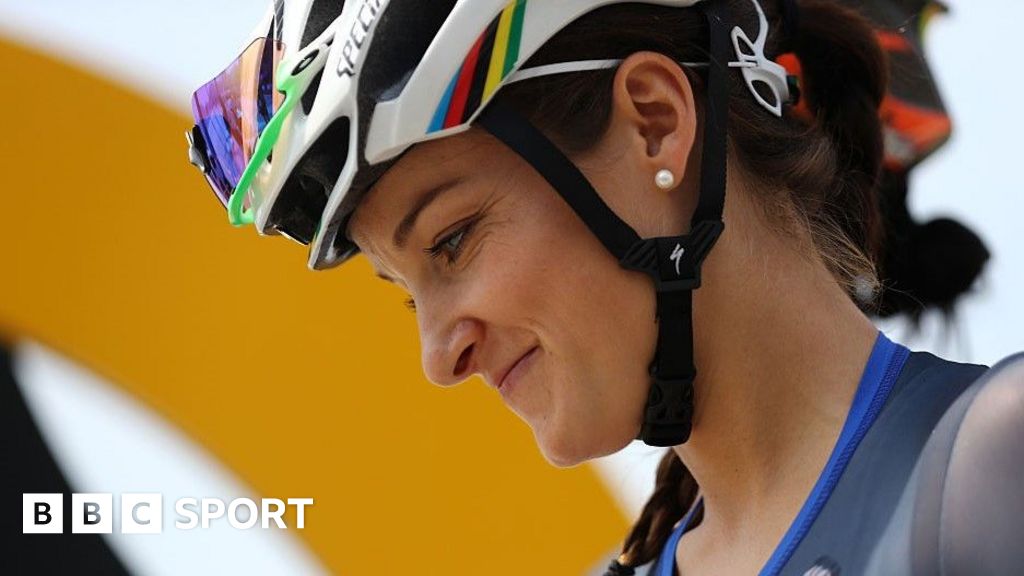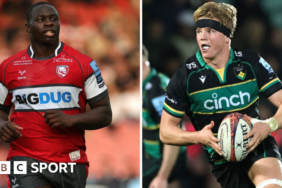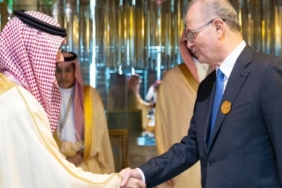Deignan has shared the stage with several riders who have set the highest standards on the road, including Dutch legends Marianne Vos, Annemiek van Vleuten and Anna van der Breggen.
But off the bike women have fought in recent years to achieve parity with the men’s side of the sport when it comes to sponsorship deals, salaries and media exposure.
At 500,000 euros, the winner of the men’s Tour de France earns 10 times that of the winner of the women’s event.
Deignan considers herself fortunate to have the support of her Lidl-Trek team, who embraced her decision to start a family in her sporting prime.
“I’m really proud that I was able to prove that becoming a mother isn’t necessarily the end of an athlete’s career – that you are able to come back successfully and as strong as I’ve ever been after having children.
“There was an absolute mutual respect [between myself and the team] from the very beginning and because of that I felt very safe and secure in my return.
“Our contracts have maternity clauses which they never had before I was pregnant.”
Deignan came back from her first maternity leave and won more of the sport’s biggest races, including the 2019 Women’s Tour of Britain, the 2020 La Course by the Tour de France and Liege-Bastogne-Liege the same year.
And Deignan acknowledges that her efforts have helped push women’s cycling forward, including a 2012 media conference where she let it be known to cycling’s governing body the UCI that not enough was being done for women in the sport.
“Looking back, I think: ‘Wow, that was a bit of a bold move. Could you not have gone a bit easier on yourself, Lizzie?’ But because of my upbringing, because of my family, it never occurred to me that inequality was a thing until I was outside my family, and I wasn’t getting the same opportunities as the men who I had grown up cycling with.
“[Women’s cycling] is unrecognisable compared to when I first started. I turned professional 18 seasons ago earning 200 euros a month – there’s now a minimum wage. There are so many different things in our contracts in our World Tour in terms race organizers needing a certain amount of TV coverage, minimum safety guidelines. All these things that we never had – I feel like our sport is at the forefront of equality. I’m really pleased that I’ve been a part of that.
“Doing things like having children in the middle of my career, at the height of my career, I think contribute to the fact that women are being taken seriously in the sport. But there is still work to be done.”






Yorumlar kapalı.